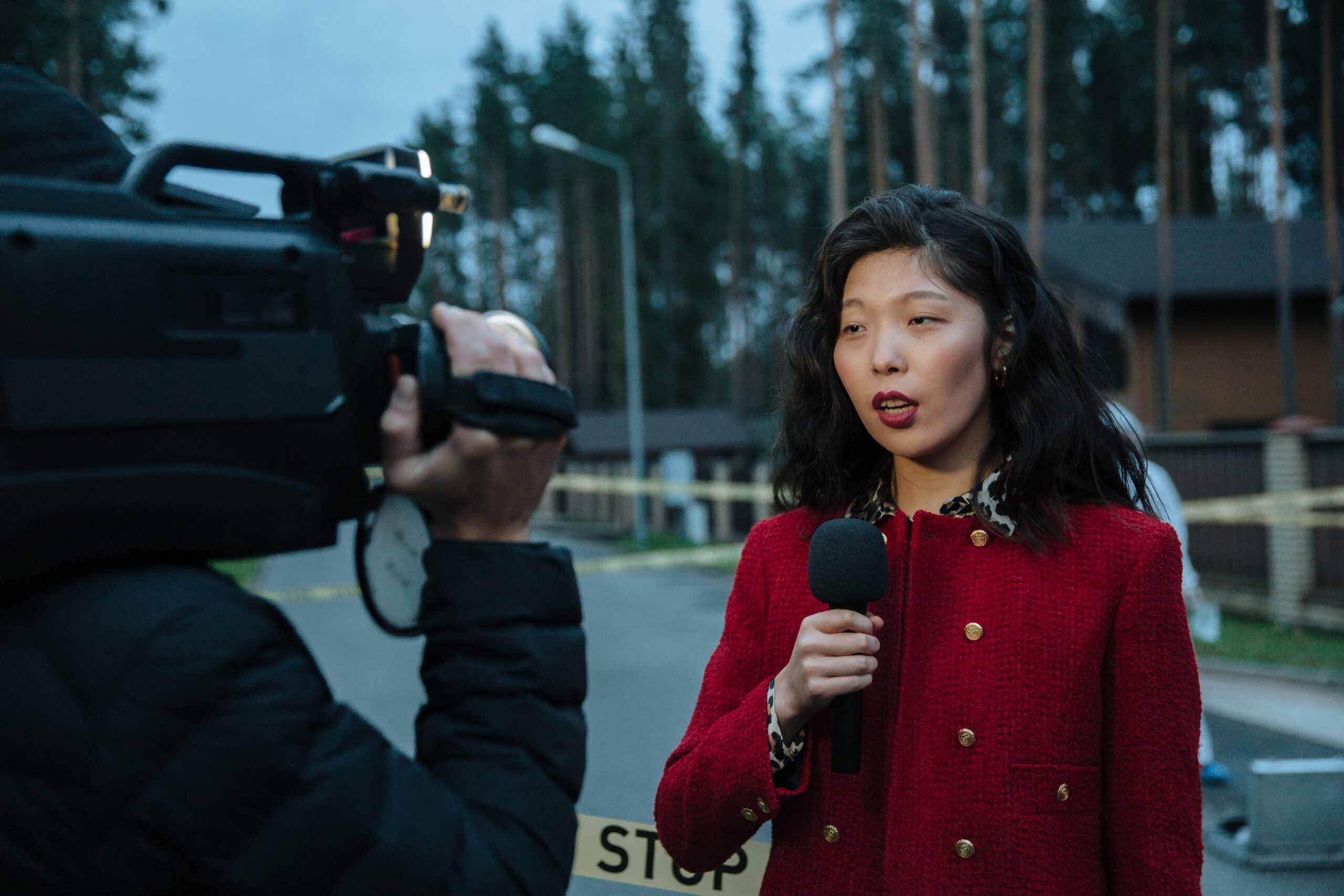Do you need a journalism degree to be a journalist? And can you become a journalist without formal education? We have got you covered! Many aspiring journalists wonder if a degree is necessary to enter the field. In this article, we will explore whether a journalism degree is essential, what alternatives exist, and how you can succeed in journalism without one.
Is a Journalism Degree Required to Be a Journalist?
No, you don’t need a journalism degree to be a journalist. Many successful journalists have entered the field without formal education in journalism.
While a degree can offer structured learning and networking opportunities, real-world experience, strong writing skills, and industry connections matter more. Employers value expertise, curiosity, and storytelling abilities over formal credentials.
Can You Become a Journalist Without a Journalism Degree?
Yes, you can become a journalist without a formal degree. Many professionals in the industry started with backgrounds in other fields or built careers through hands-on experience.
| Pathway | Benefits |
| Freelance Writing | Allows practical experience and portfolio building |
| Internships & Apprenticeships | Provide industry exposure and networking |
| Online Courses | Develop writing, editing, and research skills |
| Building a Blog or Website | Creates an independent platform for publishing |
| Networking & Pitching | Helps secure opportunities in media organizations |
Alternative Skills That Matter More
- Writing & Editing: Clear, engaging storytelling is essential.
- Research & Fact-Checking: Accuracy is critical in journalism.
- Digital Media Skills: Video editing, social media, and SEO help in modern journalism.
- Networking: Building relationships with editors and professionals opens doors.
- Adaptability: The ability to work across various media formats is valuable.
What Are the Best Ways to Enter Journalism Without a Degree?
Start writing and get published. Your portfolio is your real degree.
Journalism is a field where practical experience outweighs academic qualifications. Start by contributing to blogs, local newspapers, or online platforms. Building a strong portfolio showcasing diverse writing styles will impress potential employers.
Additionally, social media and independent reporting play a crucial role. Many journalists have gained recognition by breaking stories on platforms like Twitter, Medium, or personal blogs.
Conclusion
A journalism degree is not mandatory to become a journalist. Passion, skill, and persistence matter more than formal education. Whether you choose to study journalism or take an alternative route, focus on practical experience, networking, and honing your writing skills.
FAQs
1. Can I become a journalist if I have a degree in another field?
Yes! Many journalists have degrees in subjects like English, history, political science, or even science and business. Journalism values expertise in various fields, strong writing skills, and curiosity more than a specific degree.
2. How can I gain journalism experience without formal education?
You can start by freelance writing, contributing to blogs, interning at media outlets, or launching your own website. Online courses and workshops can also help develop essential skills like research, writing, and digital media.
3. Do media companies hire journalists without a journalism degree?
Yes, many media organizations prioritize experience, portfolio quality, and storytelling ability over formal qualifications. If you can demonstrate strong writing skills, a keen eye for news, and industry knowledge, you can land opportunities in journalism without a degree.
